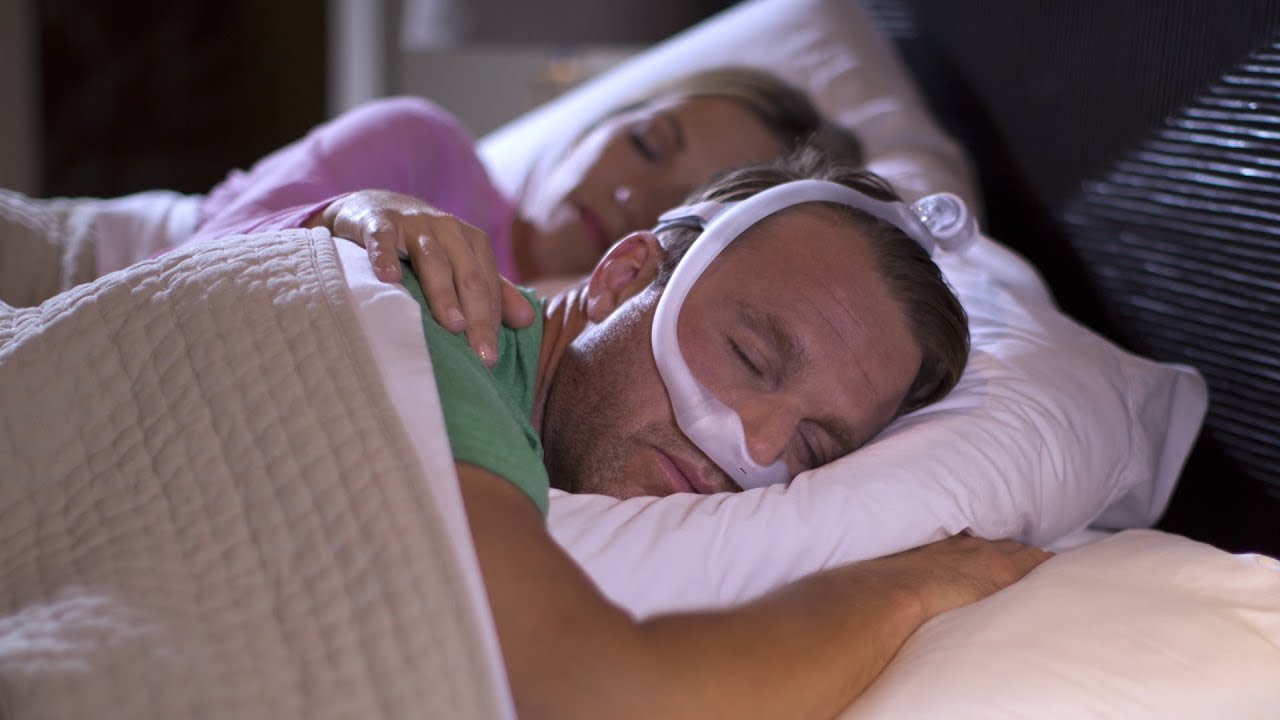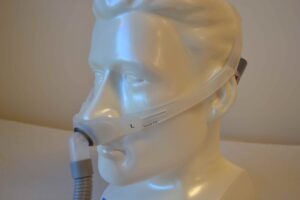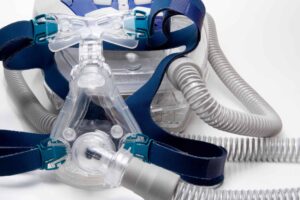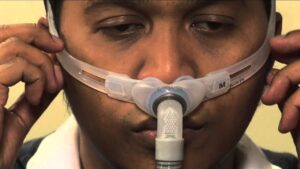Do you ever wake up after sleeping with your CPAP machine to find your mouth dry and your throat so sore that you can’t even swallow?
You understand that CPAP therapy is vital in treating your sleep apnea, but your dry mouth has become so unbearable that you’re unsure if you’ll continue.
If this sounds like you, you’re not alone, and you’re not out of options! Continue reading to learn how cpap mach causes dry mouth and how to treat it! Don’t allow CPAP dry mouth to deprive you of a good night’s sleep.
Why do I have a dry mouth when I wake up?
Before you do anything radical, you should rule out the possibility that your dry mouth symptoms are caused by medicine or a medical condition. If this is the case, CPAP tactics will not assist.
Medication for high blood pressure, anxiety, diabetes, muscle relaxants, pain relievers, antihistamines, and other conditions can all cause dry mouth.
Furthermore, the conditions for which you take medicine may also cause dryness! Diabetes, hypertension, arthritis, anaemia, and other medical conditions can all contribute to xerostomia, a condition in which your salivary glands do not generate enough saliva.
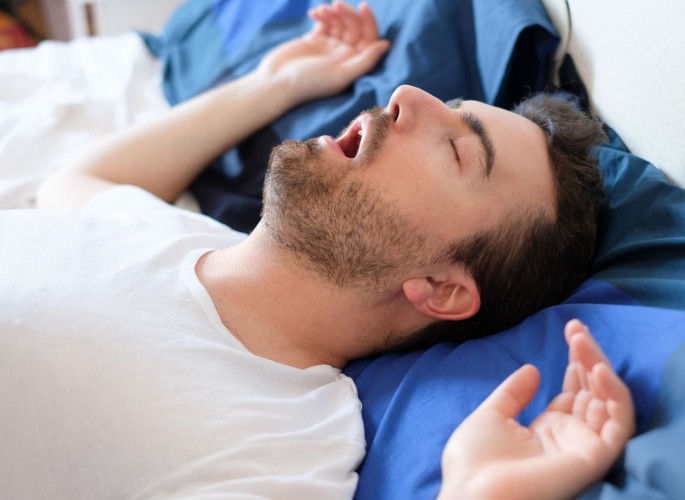
If you feel that your medicine or a medical condition is causing your dry mouth, speak with your doctor or healthcare provider about treatment alternatives that you can use in conjunction with your CPAP equipment.
If none of these issues are present, it’s conceivable that the airflow from your CPAP therapy is to blame. But don’t throw away your CPAP mask just yet!
Can CPAP Mask Use Cause Dry Mouth?
There are two possible reasons for dry mouth when using a CPAP mask. The first is a mask leak, while the second is mouth breathing. If your dry mouth is caused by the CPAP therapy you’re having, then the possible causes is the two things identified above.
Mask Exposure
It’s common for your mask to leak a little air every now and then. As long as the leaks don’t persist for more than 30 minutes and the leak rate isn’t too high, for example, if the air leak is not more than – 24L/min – as it can be detected by your CPAP machine if it has such features. The leaks aren’t likely to interfere with your therapy or cause dry mouth, at that rate.
However, the leaky air must go someplace, and the excess airflow might be causing issues. Even little leaks might cause dry lips, dry eyes, and itchy skin.
Breathing with the mouth
You could be breathing through your mouth instead of your nose for several reasons. These include allergies, nasal congestion, a physical impediment such as a deviated septum, or habit.
Mouth breathing, whatever the source, can have some unpleasant side effects in addition to dry mouth. Mouth breathing, if left untreated, can lead to poor breath, sore throat, gum disease, and even tooth damage.
If you discover that you are a mouth breather, there are several ways that CPAP users might take to avoid dry mouth. You can also see a specialist for recommendation on what to do about mouth breathing habit if you have one.
5 Ways to Get Rid of Dry Mouth Tonight
Consider using a CPAP Chin Strap
Many chronic mouth breathers discover that adopting a chin strap might be a simple solution to their CPAP dry mouth.
The strap gently supports your jaw to assist nasal breathing while also maintaining the tongue in a position to help maintain a tight seal. According to research, chin straps may also help you use your CPAP machine for longer and more frequently.
Check for Air Leaks in Your CPAP Mask
Try refitting your mask while lying in your prefered sleeping position. Laying down might cause your face to shift form and your mask to fit differently than when you’re sitting up.
If your mask leaks after refitting, it’s time to replace it. Normal usage will cause your mask cushion to wear down, your mask frame to flex, and your headpiece to stretch. All of these factors can lead to air leakage.
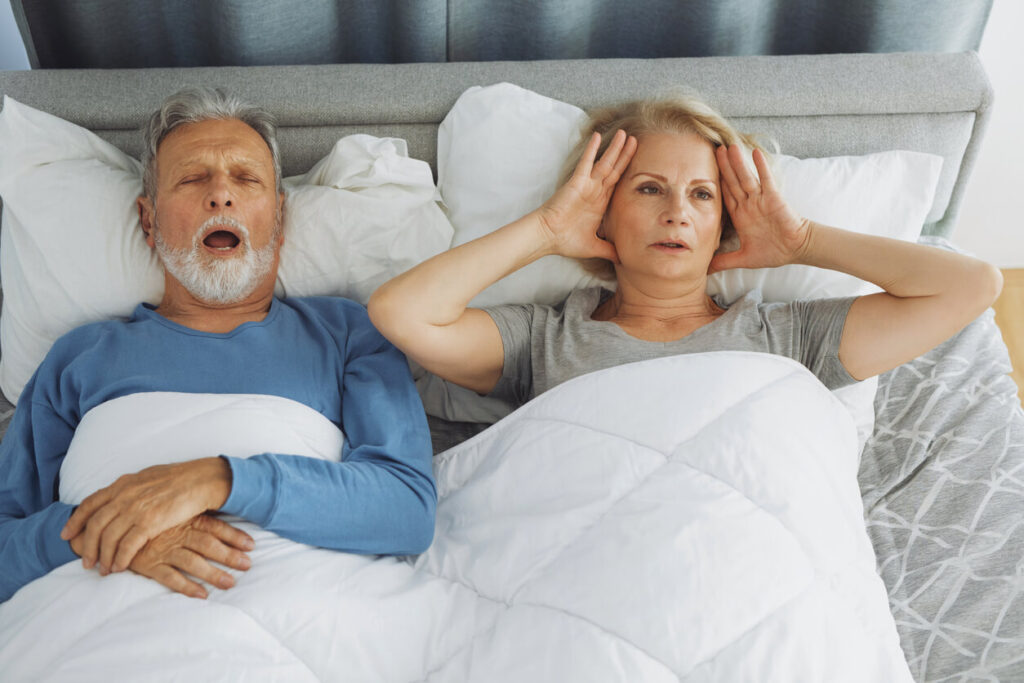
Make use of a CPAP humidifier
Your CPAP machine’s cool, dry air might irritate your nasal passages and cause congestion, leading to mouth breathing.
A heated humidifier produces warm, humid air that relieves congestion soothes sore throats and prevents dry mouth.
Furthermore, studies have shown that CPAP users who additionally use a humidifier are up to 43% more likely to persist with their CPAP therapy!
Change to a Full-Face CPAP Mask
Your CPAP pressure may escape through your mouth if you sleep with a nasal pillow or mask and your jaw lowers. This not only causes dry mouth but also compromises your apnea therapy.
Using a full-face mask ensures successful CPAP therapy regardless of how you breathe.
Keep Hydrated
Staying hydrated is one of the greatest strategies to avoid dry mouth before night. Drinking water throughout the day, eating sugar-free gum, and focusing on breathing through your nose are all simple improvements.
You should also avoid drinking alcohol or using mouthwash before going to bed, smoking, and eating sugary or acidic meals, which can exacerbate dryness.
Conclusion
The final message is that CPAP dry mouth should not be used as an excuse to ignore obstructive sleep apnea. The CPAP machine usage is essential to your health if you’re conditioned with sleep apnea. Try a handful of the techniques described above if you wake up parched and with a mouth that feels like the Sahara Desert! If you want to test a humidifier, new mask, or chin strap, you can get in touch with us via airliquidehealthcare.com.au, we can get you the perfect recommendation that suit your case.
Other articles:
Consider these factors before going for lasik eye surgery
The Ultimate Guide for Heated CPAP Tubing
This is how you should be treated and cared for after your laser eye surgery

